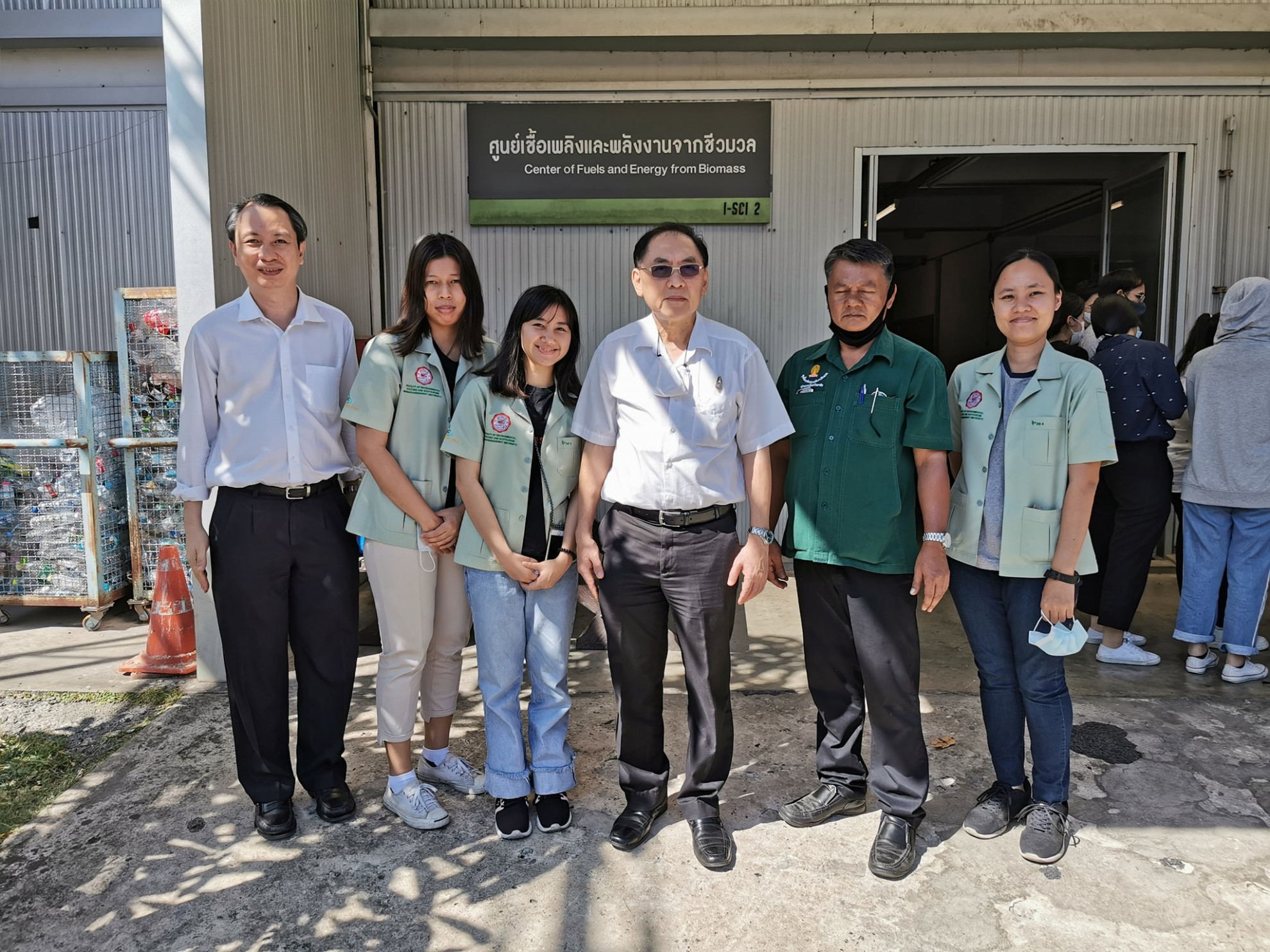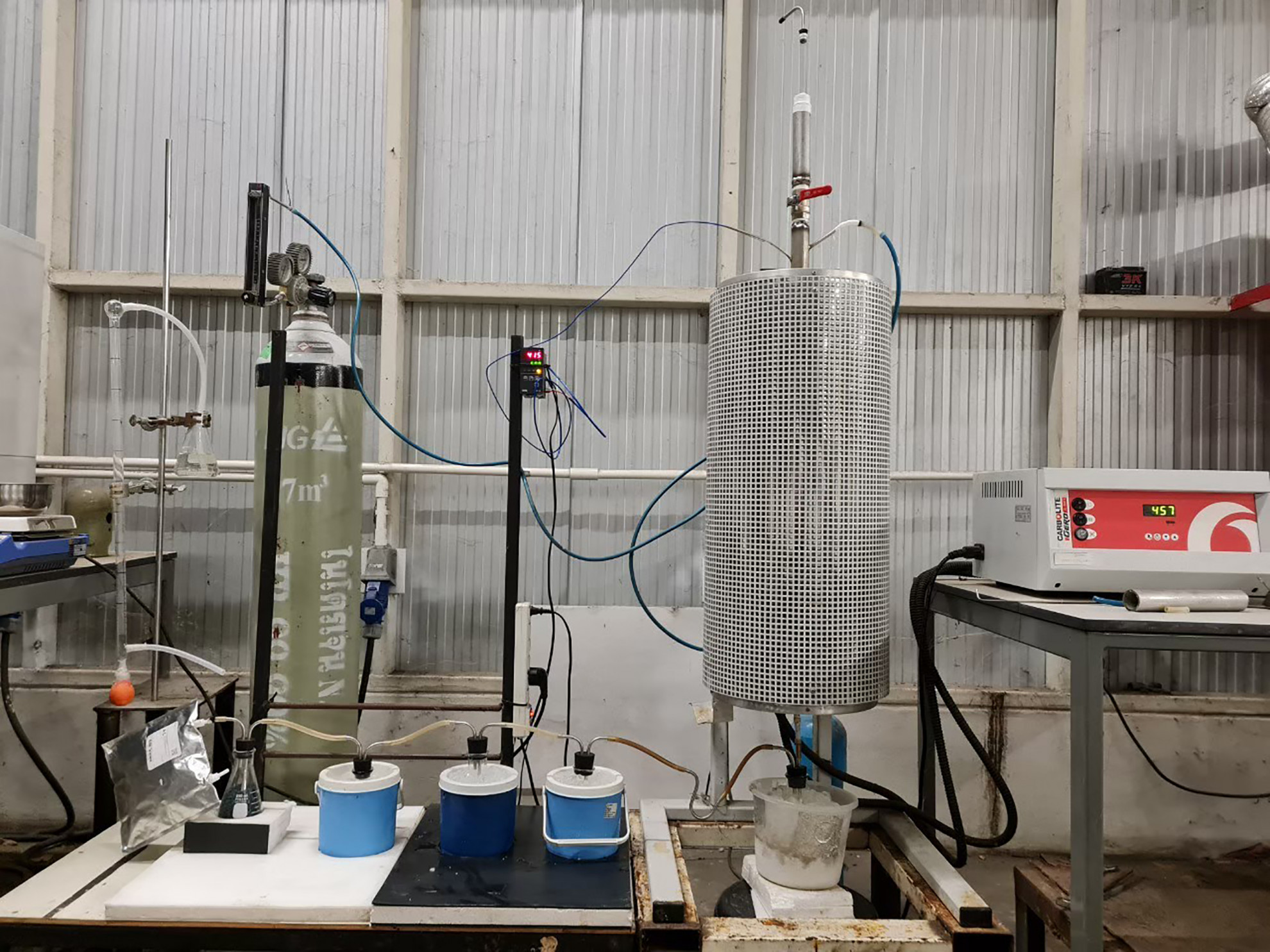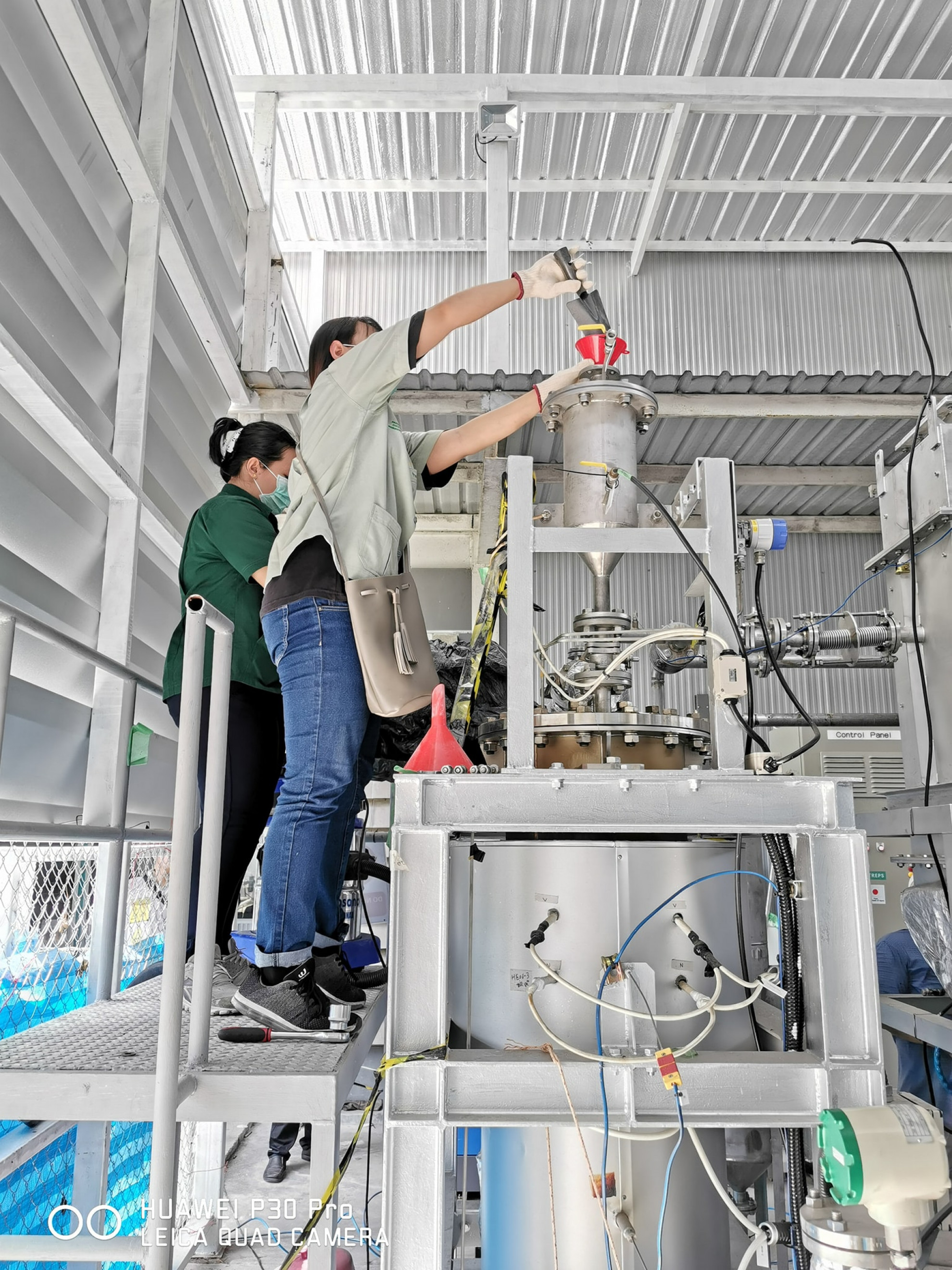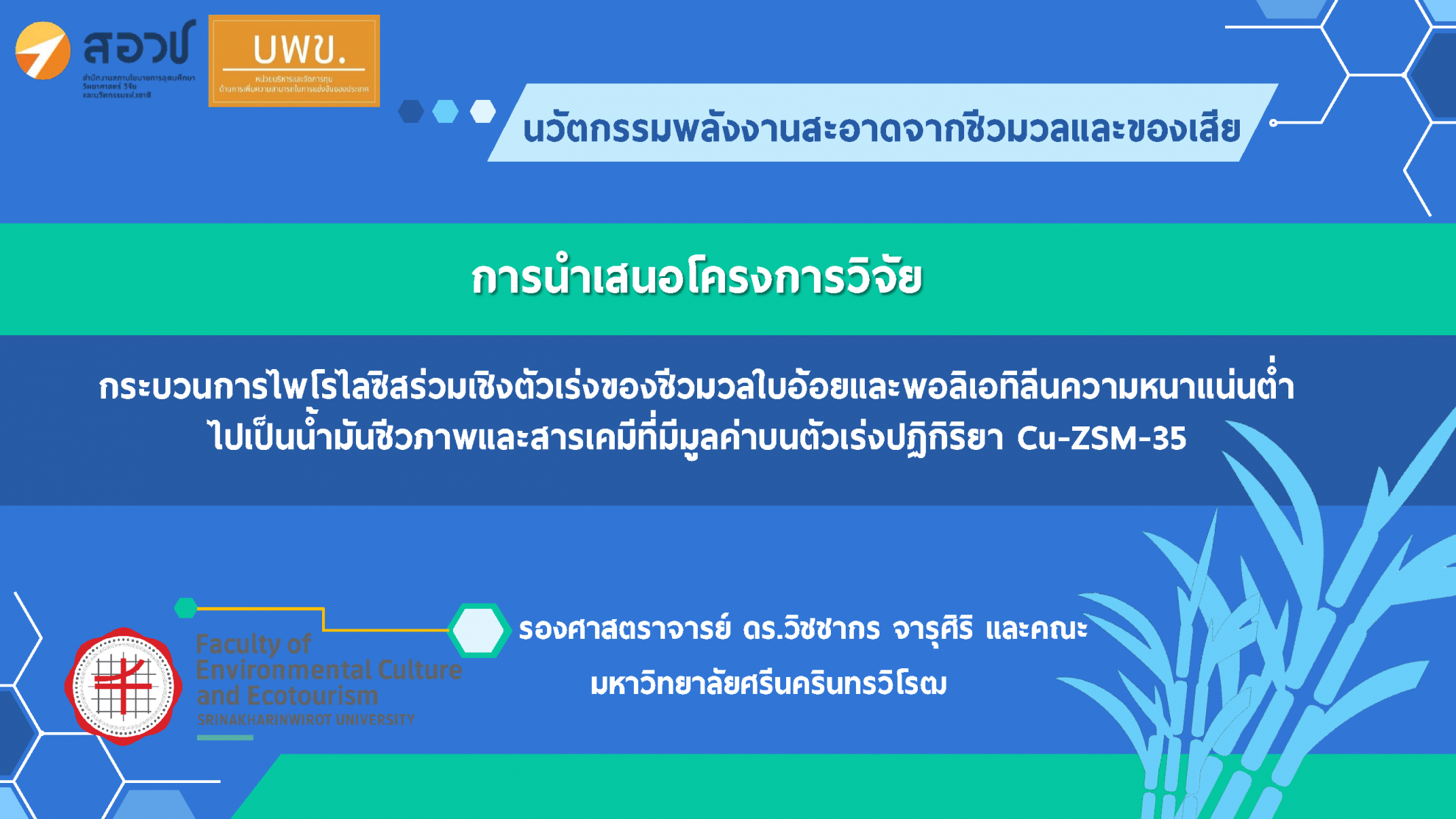





| Target | Indicator | Result |
|---|---|---|

SDG 7
AFFORDABLE AND CLEAN ENERGY
|
||
| 7.2 By 2030, increase substantially the share of renewable energy in the global energy mix | 7.2.1 Renewable energy share in the total final energy consumption | provide the technological knowledge transfers to the industrial sector to promote clean energy use in the near future that can be used as replacement fossil fuels that obtained zero carbon dioxide emission. |
| 7.b By 2030, expand infrastructure and upgrade technology for supplying modern and sustainable energy services for all in developing countries, in particular least developed countries, small island developing States and landlocked developing countries, in accordance with their respective programmes of support | 7.b.1 Investments in energy efficiency as a proportion of GDP and the amount of foreign direct investment in financial transfer for infrastructure and technology to sustainable development services | provide the technological knowledge transfers to the industrial sector to promote clean energy use in the near future that can be used as replacement fossil fuels that obtained zero carbon dioxide emission. |

SDG 9
INDUSTRY, INNOVATION AND INFRASTRUCTURE
|
||
| 9.3 Increase the access of small-scale industrial and other enterprises, in particular in developing countries, to financial services, including affordable credit, and their integration into value chains and markets | 9.3.1 Proportion of small-scale industries in total industry value added | The prototype of bio-oil production from biomass. |
| 9.4 By 2030, upgrade infrastructure and retrofit industries to make them sustainable, with increased resource-use efficiency and greater adoption of clean and environmentally sound technologies and industrial processes, with all countries taking action in accordance with their respective capabilities | 9.4.1 CO2 emission per unit of value added | The bio-oil product can be used as replacement fossil fuels that obtained zero carbon dioxide emission |
| 9.5 Enhance scientific research, upgrade the technological capabilities of industrial sectors in all countries, in particular developing countries, including, by 2030, encouraging innovation and substantially increasing the number of research and development workers per 1 million people and public and private research and development spending | 9.5.1 Research and development expenditure as a proportion of GDP | 0.72 Million Baht |
| 9.5.2 Researchers (in full-time equivalent) per million inhabitants | 5 researchers | |
| 9.b Support domestic technology development, research and innovation in developing countries, including by ensuring a conducive policy environment for, inter alia, industrial diversification and value addition to commodities | 9.b.1 Proportion of medium and high-tech industry value added in total value added | provide the technological knowledge transfers to the industrial sector to promote clean energy use in the near future. |
Currently, the depletion of global fossil energy sources is a concern due to the constantly increasing energy consumption by the increasing population, expanding global economy, and advancements in industrial productivity. Thus, an increase in the burning of commercial fuel has increased the amount of environmental pollution and greenhouse gas emissions. Among representative alternative energy sources, biomass from harvesting and its residuals has recently been attracting considerable attention as a renewable feedstock to obtain super clean fuels with zero net carbon emissions; thus, these fuels are distinguished candidates for use as petroleum fossil fuel replacements.
Associate Professor Dr. Witchakorn Charusiri, Researcher from Faculty of Environmental Culture and Ecotourism, Srinkharinwirot University has received financial support from the National Higher Education Science Research and Innovation Policy Council in 2020. He has been emphasised researching the utilization of biomass to convert it into super-clean renewable energy. Thailand is an agro-industrial country, has a large amount of biomass residue leftover from harvesting or processing of agricultural products. Especially, Biomass residual after agricultural harvesting, farmers usually tend to burn its before planting the next crop cycle affects the occurrence of small particles, smoke and air pollution to the environment.
He has collaborated with the Center for Fuels and Energy from Biomass, Chulalongkorn University to create a prototype pyrolysis reactor for bio-oil production and chemicals which is a new generation of bio-fuels (4th bio-fuels generation). This bio-oil also used as replacement fossil fuels and a zero carbon dioxide emission alternative energy fuels, provide the technology transfers to the industrial sector to promote clean energy use in the near future.
1. Promote the conversion of biomass into super-clean energy that is also used as replacement fossil fuels and alternative fuels in the near future.
2. Organise and provide the technological technology transfer and innovation knowledge to the industrial sector to commercialize super clean fuels.
3. Create awareness and a well-understanding of the impact of burning valuable biomass residual that can be utilized as a feedstock to superclean fuels production




